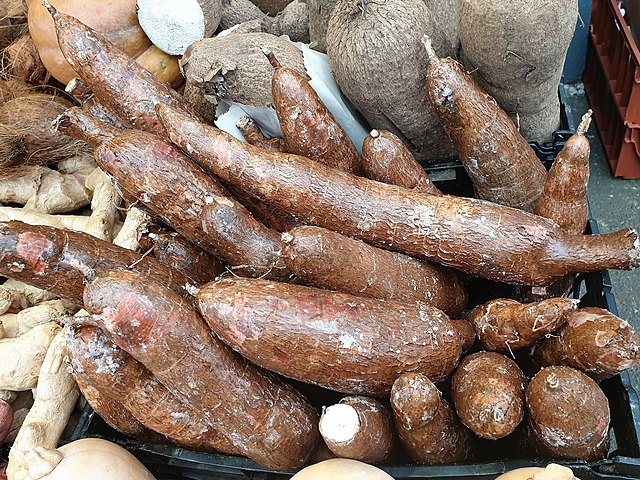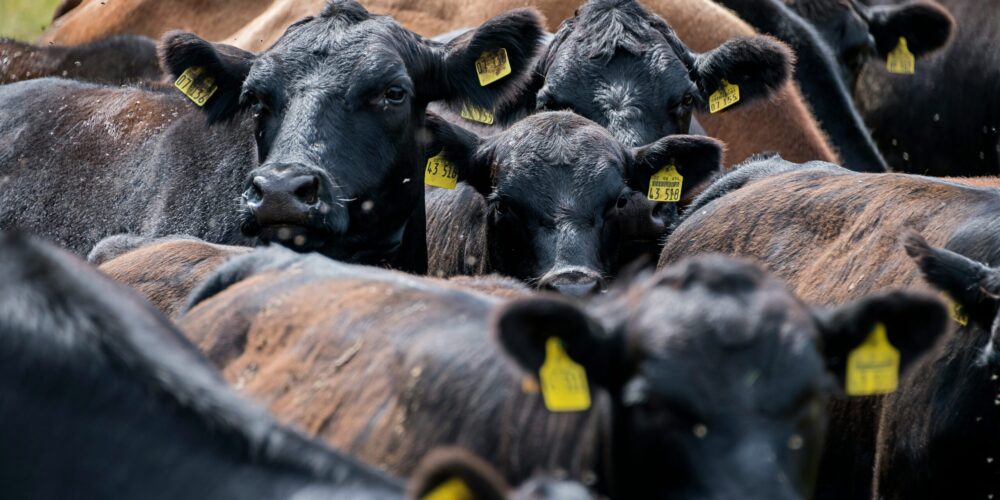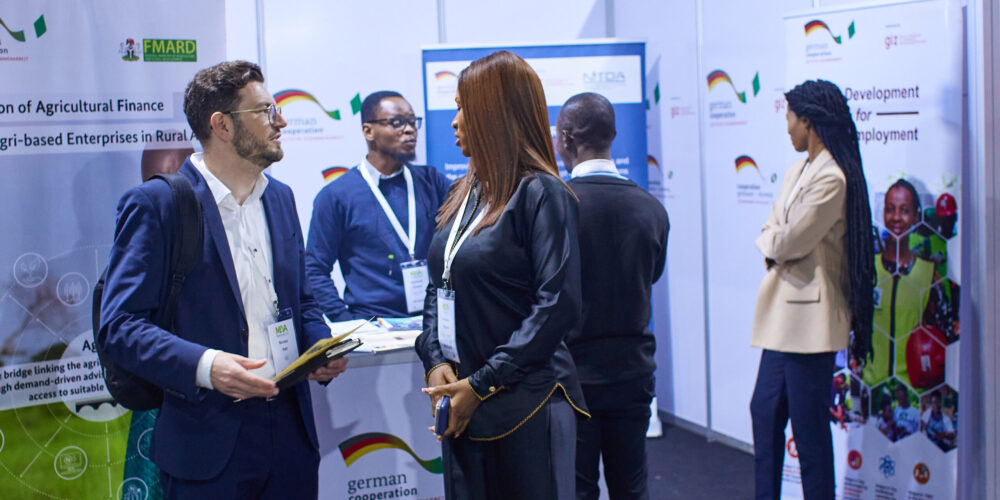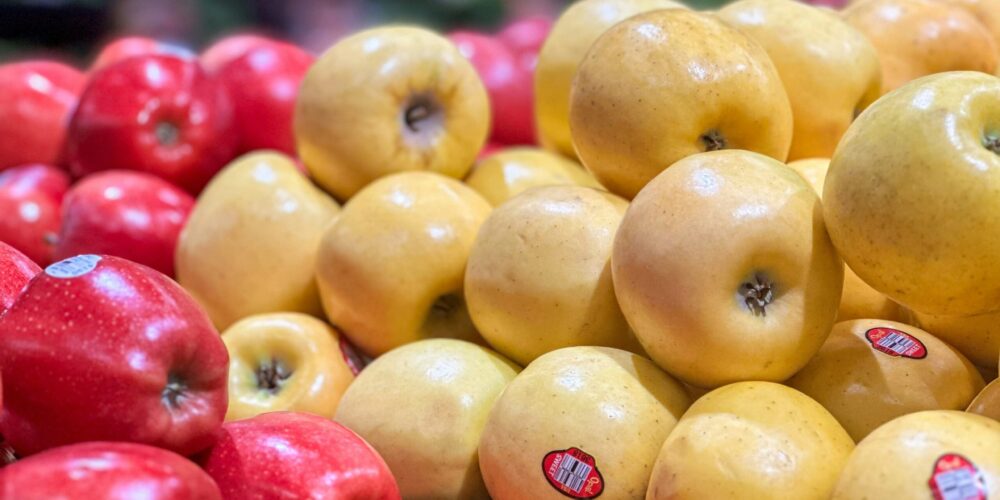Recent developments in Namibia have garnered attention, with several local articles…

Boosting Africa’s Cassava Trade: The Role of Market Access and Connectivity
Nigeria, as a leading producer of cassava, generates 63 million metric tons annually, representing a significant portion of global production. Despite this, the economic impact of cassava is not fully realized, constrained by market access and technology gaps in the value chain.
In South Africa, cassava exports reached $10.9 million in 2022, with the United Kingdom, the Netherlands, the United Arab Emirates, Botswana, and Namibia as primary markets. The growth in demand from the United Arab Emirates, the United Kingdom, and Norway indicates changing market dynamics.
Rwanda, Burundi, and Tanzania import significant amounts of cassava, demonstrating internal demand in Africa. Rwanda is particularly a large market for imported cassava, showcasing the continent’s diverse trade dynamics.
Challenges in the sector include low yield per hectare and quality issues, particularly in Nigeria, where the average farm yield is lower than in other countries. This has led to reliance on imports for starch, flour, and ethanol, despite considerable production capabilities. These challenges highlight the need for technological improvements and quality enhancements in cassava production across Africa.
The cassava market, including food products and industrial applications like ethanol and biodegradable products, is large and growing. However, realizing this potential requires improved market access and connectivity between sellers and buyers. Efforts by governments and private sector entities are important but must be expanded to overcome systemic barriers.
Investments in infrastructure, quality control, and technology to streamline the cassava value chain are essential. These steps will not only enhance the cassava sector but also support food security and economic growth in Africa.
Overcoming market access challenges is key for Africa to fully leverage the economic value of cassava, fostering connections between sellers and buyers and addressing technological and quality gaps.
Sources:
Here are the references from the history of our chat, along with their full URLs:
- Cassava in South Africa – The Observatory of Economic Complexity:
– (https://oec.world/). - Nigeria’s largest cassava producer status increases investment opportunities – Businessday NG:
– [https://businessday.ng/agriculture/article/nigerias-largest-cassava-producer-status-increases-investment-opportunities/] - Africa’s Cassava Market Report 2024 – Prices, Size, Forecast, and Companies – IndexBox:
https://www.indexbox.io/ - Cassava: The Power Crop for Africa’s Food Future – AgriFoodNetworks:
– [https://agrifoodnetworks.org/articles/cassava-the-power-crop-for-africas-food-future] - Sahel Quarterly: The Cassava Value Chain – Sahel Consulting:
– [https://sahelconsult.com/wp-content/uploads/2021/12/Sahel-Quarterly-_The-Cassava-Value-Chain-Volume-28-1.pdf] - How African scientists are improving cassava to help feed the world – Nature.com:
– [https://www.nature.com/articles/d41586-019-00014-2]


